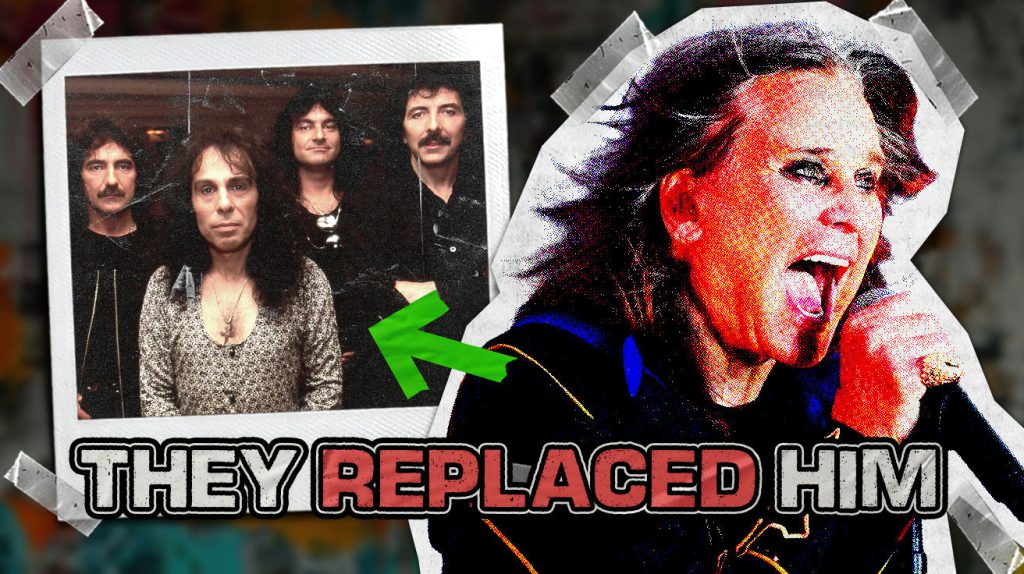
The 1970s delivered some of rock’s most brutal career plot twists: bands kicking out the very voices that made them famous. These weren’t quiet departures or mutual partings—these were full-scale musical divorces that left fans picking sides and wondering if their favorite albums would ever sound the same live again.
From substance abuse meltdowns to creative cage matches, the decade proved that even the tightest musical partnerships could implode faster than a Marshall stack at full volume. Here are ten bands that made the ultimate power move: firing the face of their sound.
10. Black Sabbath – Ozzy Osbourne (1979)
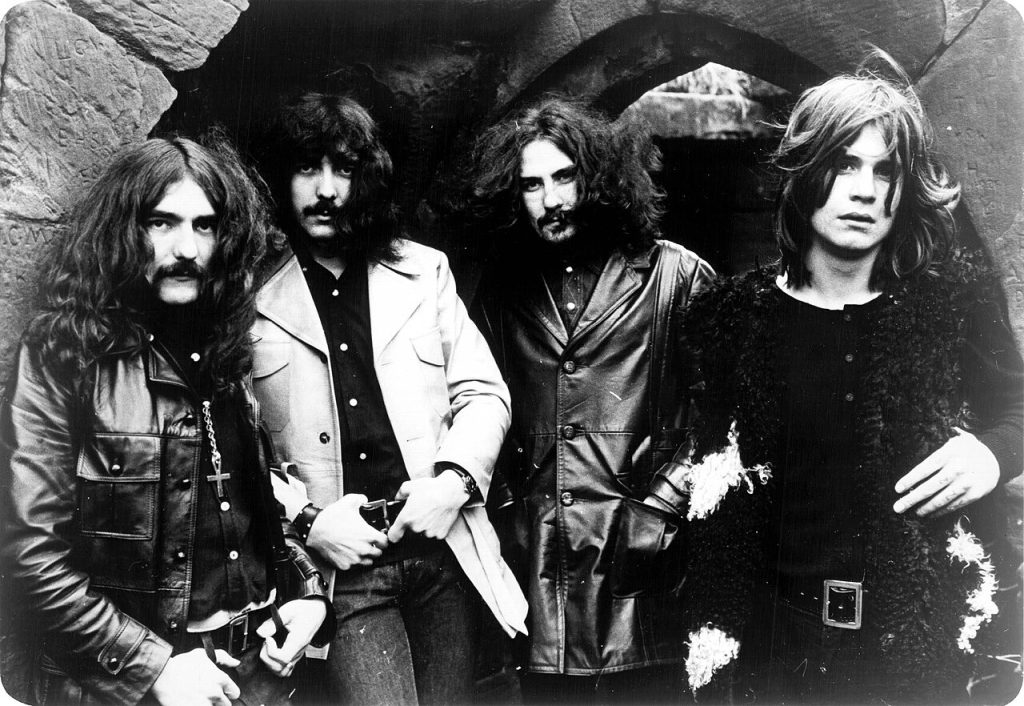
The godfathers of heavy metal showed their frontman the door after his demons took the wheel.
Black Sabbath shocked the rock world in April 1979 when they fired Ozzy Osbourne over substance abuse and reliability concerns. The Prince of Darkness had become too unreliable even for a band that practically invented the concept of controlled chaos. His departure capped off a tumultuous era but ultimately led to both the band’s reinvention with Ronnie James Dio and Ozzy’s massively successful solo career.
Anyone who thought Sabbath was done without their bat-biting frontman got schooled hard. The band’s next chapter with Dio proved they could evolve, while Ozzy’s solo run became the stuff of legend.
9. Genesis – Peter Gabriel (1975)
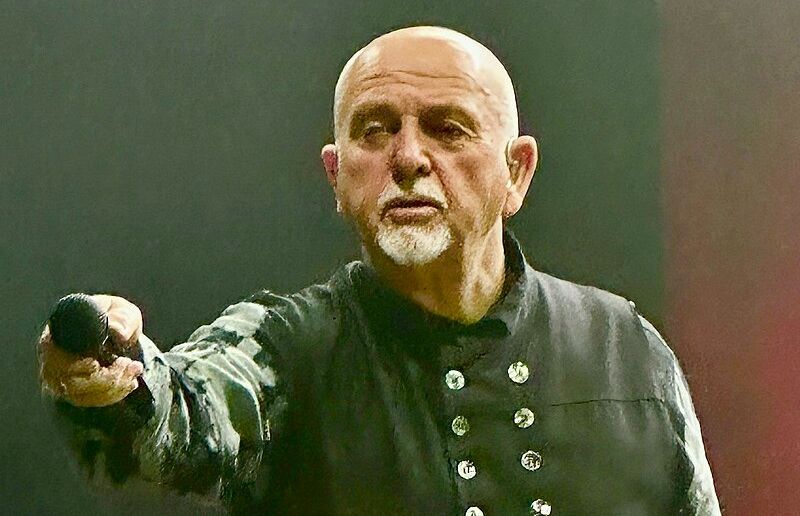
Gabriel’s theatrical ambitions outgrew his bandmates’ patience for costume changes and elaborate storytelling.
Gabriel’s avant-garde stage persona and elaborate theatrical performances drove creative tension with his more musically focused bandmates. By August 1975, after completing the ambitious “The Lamb Lies Down on Broadway” tour, Gabriel left Genesis to pursue family life and solo ambitions. His departure ushered in Phil Collins as the new lead vocalist, transforming Genesis into arena-filling hit makers.
The split worked out like a fairy tale for everyone involved—Gabriel carved out his own artistic kingdom while Collins turned Genesis into a pop powerhouse that dominated the ’80s.
8. Yes – Jon Anderson (1979)
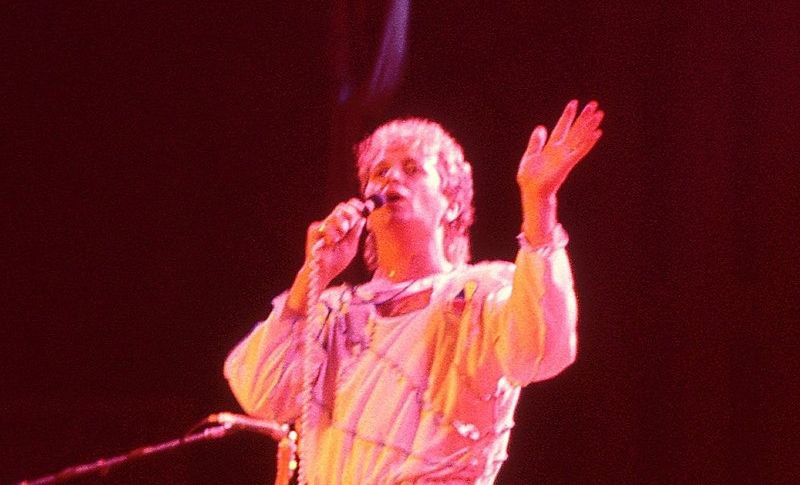
Anderson’s ethereal vocals defined Yes, but creative clashes brought his tenure crashing down to earth.
Anderson’s ethereal vocals were integral to Yes’s progressive identity, but by 1979, creative and financial disagreements led to his exit from the band. Though he would later return multiple times, many fans and critics still view the original ’70s lineup with Anderson at the helm as the definitive version of the band.
The departure marked the end of Yes’s most adventurous era, though Anderson’s voice would continue haunting the progressive rock landscape for decades to come.
7. Pink Floyd – Syd Barrett (1968)
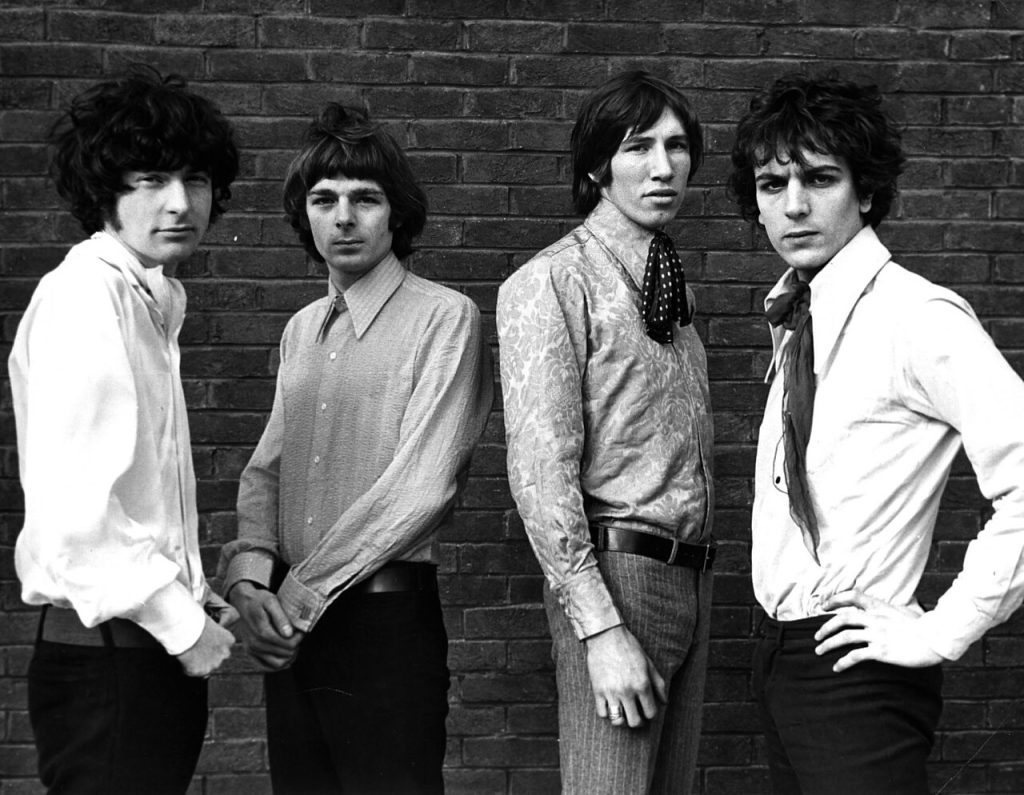
Barrett’s mental health struggles forced Floyd to make an impossible choice between their founder and their future.
Barrett, Pink Floyd’s original visionary and creative catalyst, was gradually phased out in 1968 due to his deteriorating mental health and erratic behavior. Though his departure technically predated the ’70s, Barrett’s shadow loomed large over the band’s entire decade of success, directly inspiring poignant masterworks like “Wish You Were Here.”
The tragedy of Barrett’s exit haunted every Pink Floyd album that followed, turning his absence into a creative fuel that powered some of rock’s most emotionally devastating music.
6. KISS – Peter Criss (1980)
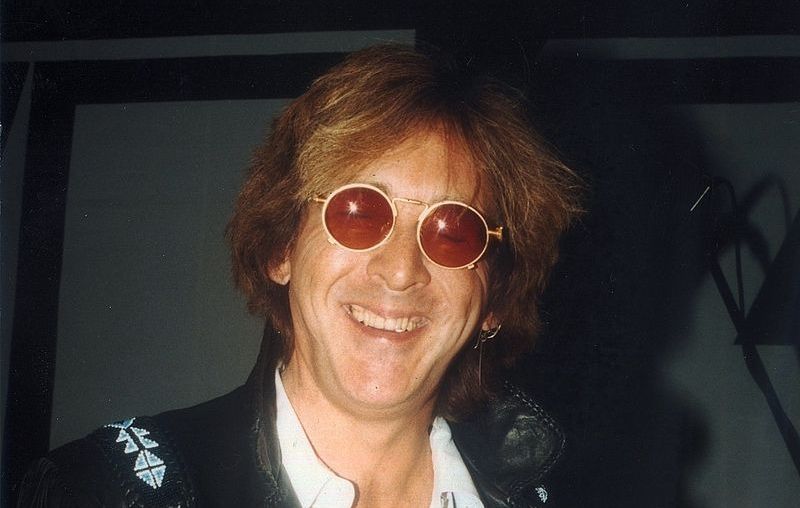
The Catman’s nine lives ran out when substance abuse derailed his performance and reliability.
Original KISS drummer and “Beth” vocalist Peter Criss was dismissed in 1980 due to drug issues and mounting performance problems. Though KISS continued their theatrical spectacle with replacement drummers, many fans felt the chemistry and authenticity of the original four members was never fully recaptured.
Criss’s departure marked the beginning of KISS’s revolving door era, where the makeup mattered more than the faces underneath it.
5. Uriah Heep – David Byron (1976)

Byron’s theatrical vocals powered Heep’s fantasy epics, but alcoholism wrote his final chapter.
David Byron’s powerful theatrical presence and soaring vocals were central to Uriah Heep’s identity, but his struggles with alcoholism ultimately led to his firing in 1976. Despite cycling through new singers, Heep’s classic era remains forever tied to Byron’s dramatic vocal performances on albums like “Demons and Wizards.”
The band survived Byron’s departure, but never quite recaptured the magic of their early ’70s peak when his voice was their secret weapon.
4. AC/DC – Dave Evans (1974)

Evans lacked the raw magnetism AC/DC needed to conquer the world’s stages.
Dave Evans, AC/DC’s original singer, was let go for lacking the desired gritty persona and stage chemistry that the Young brothers envisioned. Bon Scott’s arrival soon after the 1974 firing defined the band’s classic sound and launched them toward global domination.
Evans’s departure proved that sometimes the right voice isn’t just about hitting the notes—it’s about embodying the attitude that makes fans lose their minds.
3. Deep Purple – Ian Gillan (1973)
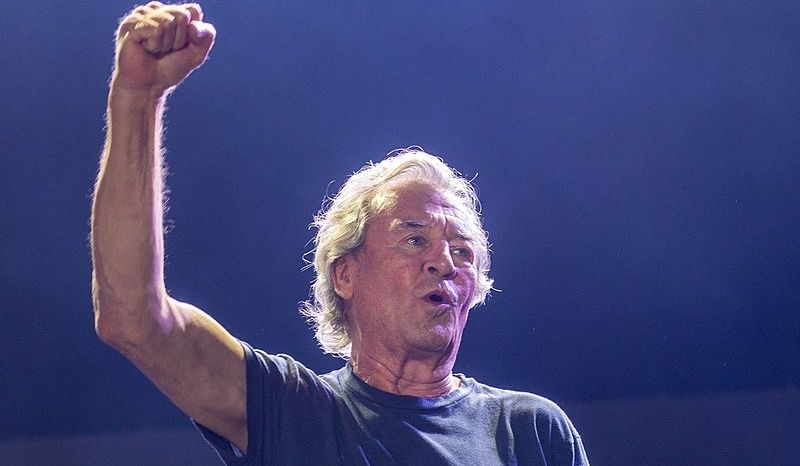
Gillan’s powerhouse vocals clashed with Blackmore’s ego, creating tensions too explosive for one band.
Tensions with guitarist Ritchie Blackmore and the pressures of relentless touring led to Ian Gillan’s first departure from Deep Purple in 1973. The split marked a major turning point for the group, though Gillan would eventually return amid continued lineup volatility.
Purple’s revolving door of singers started with Gillan’s exit, proving that even the most successful bands couldn’t contain the egos and creative differences brewing within their ranks.
2. Blood, Sweat & Tears – Al Kooper (1968)
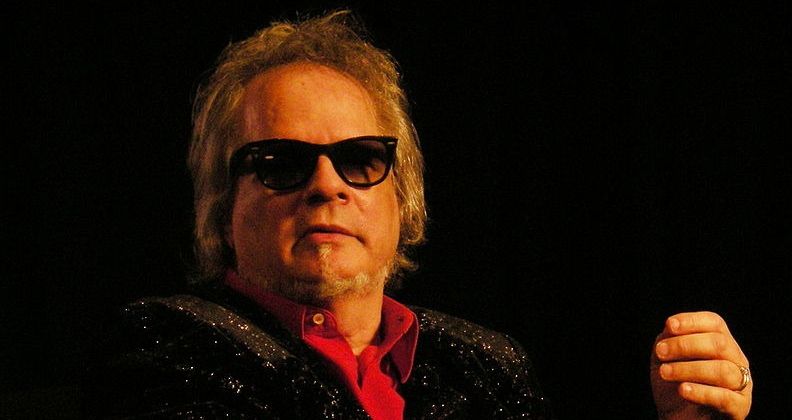
Kooper founded the band but got muscled out by the very horn section he assembled.
Al Kooper, a founder and original lead vocalist, was ousted after creative disagreements with the band’s horn section, right before Blood, Sweat & Tears found massive commercial success with his replacement, David Clayton-Thomas. Kooper’s departure represents one of music’s most painful ironies—getting fired from your own creation just as it’s about to explode.
The timing couldn’t have been more brutal for Kooper, who watched from the sidelines as his former bandmates rode his vision to Grammy glory.
1. The Stooges – Dave Alexander (1970)

Alexander’s legendary on-stage firing became punk rock folklore.
Dave Alexander’s dismissal from The Stooges in 1970, after appearing too intoxicated to perform during a crucial gig, became one of punk rock’s most notorious moments. While the band continued with replacement members, Alexander’s dramatic exit cemented his place in rock history as a cautionary tale of excess.





















